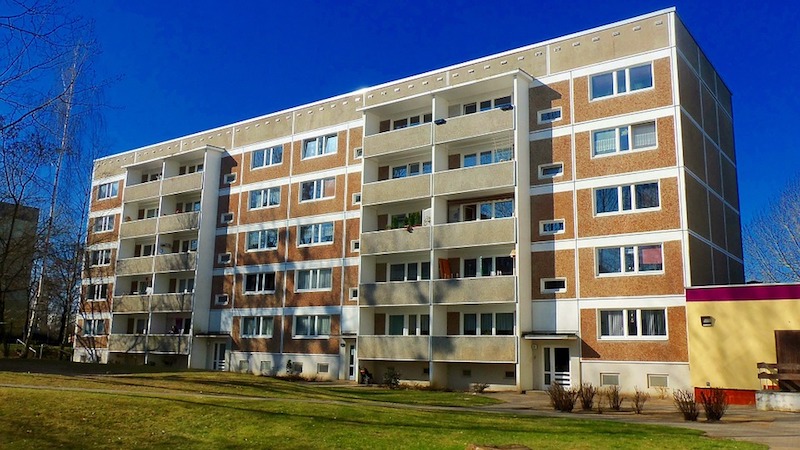ASHRAE recently released an updated edition of ANSI/ASHRAE/IES Standard 90.2-2018 Energy-Efficient Design of Low-Rise Residential Buildings.
The 2018 revision of Standard 90.2 outlines cost-effective residential building energy performance measures that are at least 50% more efficient than those defined by the 2006 International Energy Construction Code (IECC), according to an ASHRAE news release. “Standard 90.2 provides a mechanism by which any residential building design can be easily evaluated against performance objectives,” said Theresa Weston, Ph.D., chair of the Standard 90.2 committee. “This update to the standard offers better alignment between this standard’s requirements and marketplace product availability as well as some revisions to improve the document’s clarity and internal consistency.”
The updated version provides:
· Clarification for modeling software requirements
· Guidance on the use of international climate data presented in ASHRAE Standard 169
· A new normative appendix on proper installation techniques for critical thermal resistance building components
· Improved prescriptive envelope performance data tables
· New performance specifications for ground-source heat pumps
· Minimum lighting efficiency provisions for single-family, large single-family, and multifamily homes
· Guidance on pool heater pilot lights, pump motor efficiency, and exterior de-icing systems
· Clarifications to multi-zonal building air-leakage testing procedures
Related Stories
| Apr 19, 2012
Michigan legislature tackling controversial rules on electricians
A fight is brewing in the Michigan legislature over how many fully qualified electricians must be present during electrical work when apprentices also are on hand.
| Apr 19, 2012
Washington city may base building code on rising sea level due to global warming
Aberdeen may become the first city in Washington to base a building code on rising oceans and global warming.
| Apr 19, 2012
CSI webinar on energy codes and building envelopes
This seminar will review recent changes in energy codes, examples of building enclosure wall assemblies for code compliance, potential moisture management and durability challenges, and design tools to assess and minimize potential problems.
| Apr 19, 2012
Innovative plan for storm water in Philadelphia gets EPA’s OK
Philadelphia's $2 billion plan to manage its storm water with green methods including porous pavement, green roofs, and more trees, was officially approved last week by the U.S. Environmental Protection Agency.
| Apr 19, 2012
LEED 2012 to include new credit category for transit-oriented development
The updated LEED 2012 system will introduce a new credit category, “Location and Transportation,” to encourage development oriented around public transit and more walkable communities.
| Apr 17, 2012
FMI report examines federal construction trends
Given the rapid transformations occurring in the federal construction sector, FMI examines the key forces accelerating these changes, as well as their effect on the industry.
| Apr 16, 2012
University of Michigan study seeks to create efficient building design
The result, the researchers say, could be technologies capable of cutting the carbon footprint created by the huge power demands buildings place on the nation’s electrical grid.
| Apr 13, 2012
Congress’s action doesn’t mean Pentagon can’t build LEED gold structures
Though Congress passed a defense budget preventing the Department of Defense from spending money to achieve LEED gold or platinum certification, the Pentagon may still end up constructing buildings to those standards.
| Apr 13, 2012
International Living Building Institute certifies first two Net Zero Energy buildings
A community building in Oregon and an office building in California are the first two projects to earn net-zero status under the International Living Building Institute’s Net Zero Energy Certification program.
















